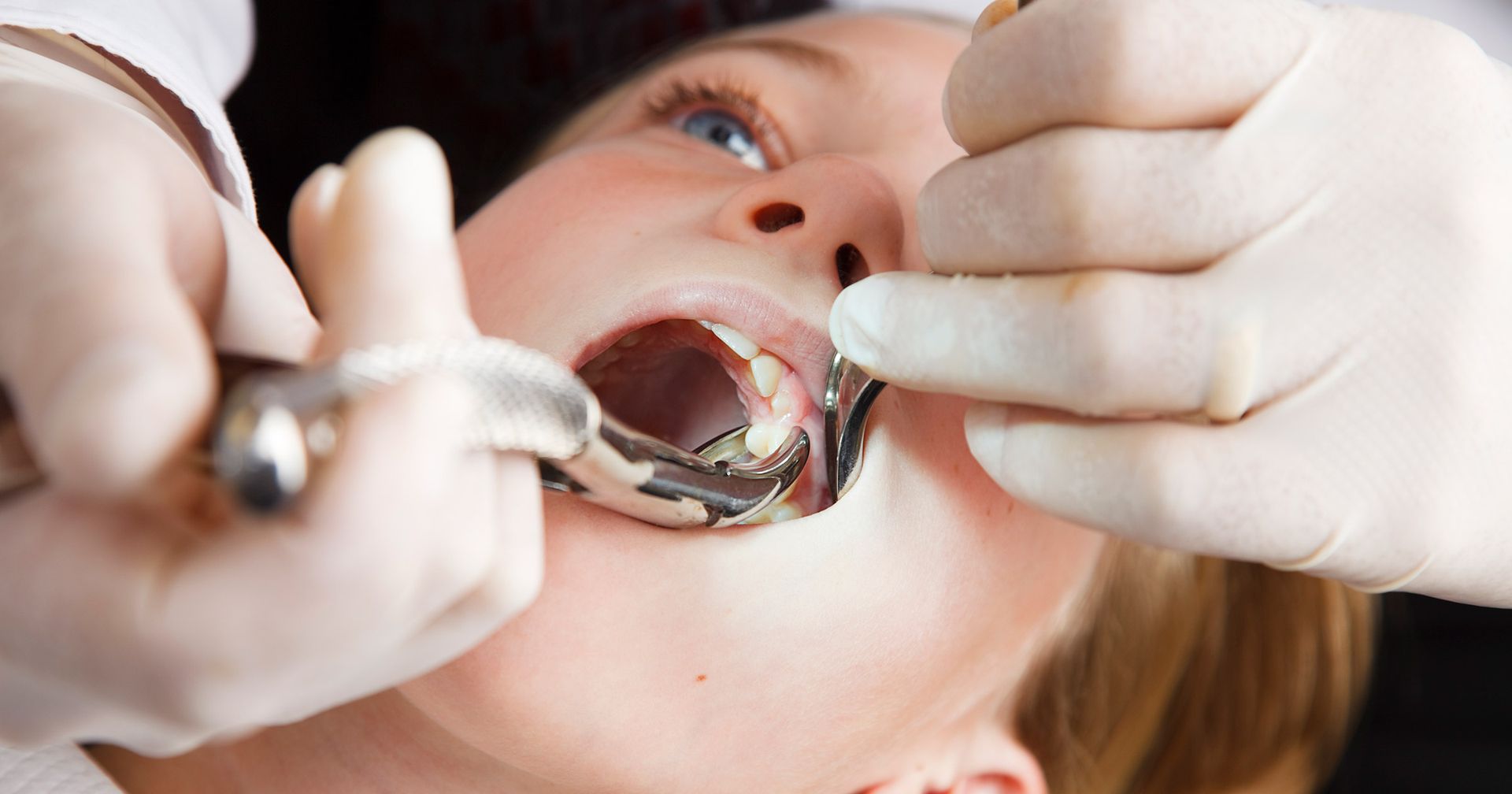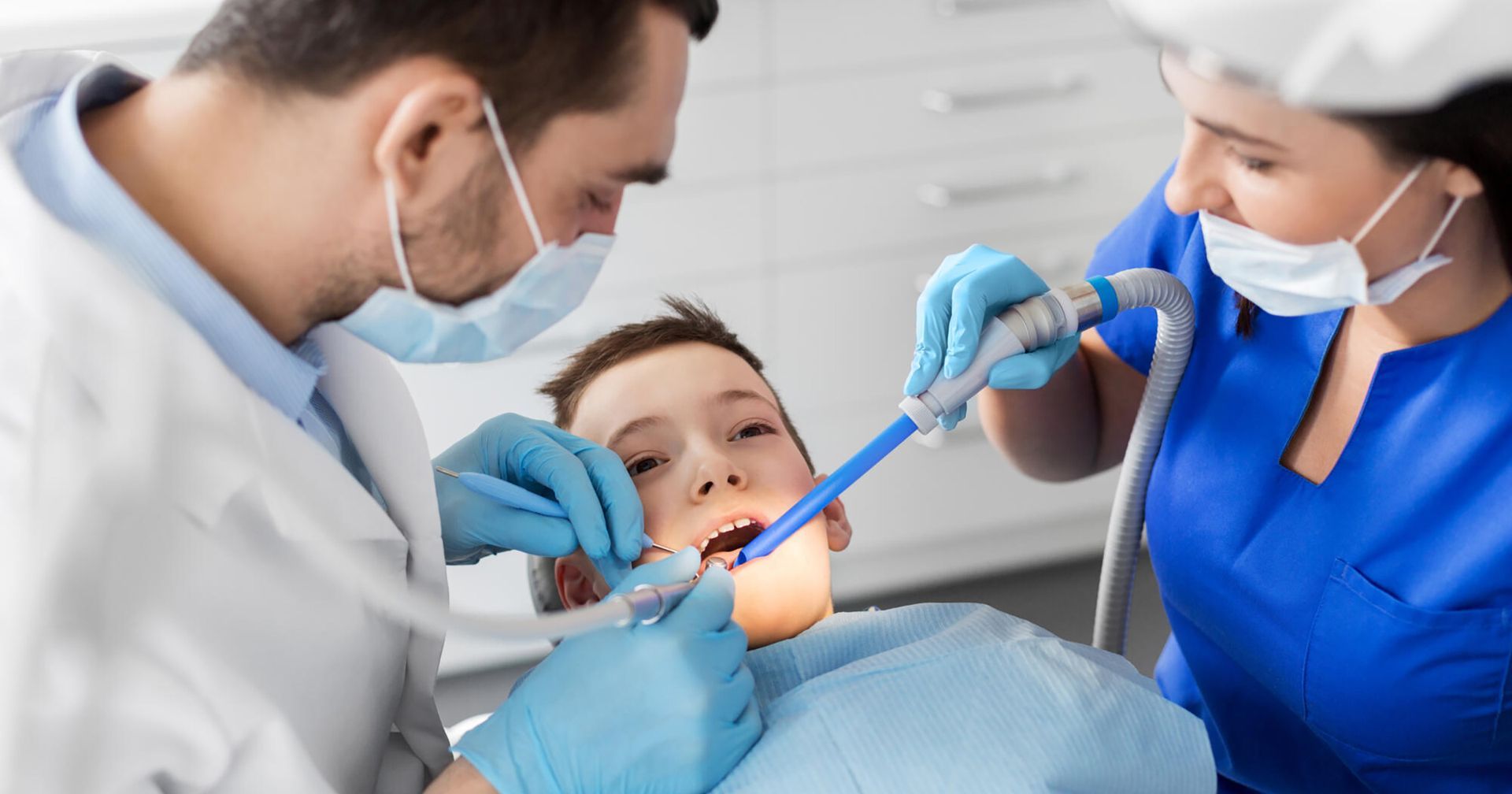The Complete Guide to Laser Dentistry
When it comes to faster recovery times, less pain and more accuracy, discover how laser dentistry offers comfortable treatment options for children.
Did you know that more than 47% of adults over the age of 30 suffer from gum disease to some degree? Gum disease, tooth decay, and tooth sensitivity are all problems that tend to get worse if you don't take your dental hygiene seriously, and they often can occur during childhood. While these conditions might be easy to prevent in the first place, they can be hard to treat once you have them.
Fortunately, laser dentistry from your general or pediatric dentist, Lutz, FL, might be your solution. If you've never heard of laser dental treatments before, you should know that they can treat all sorts of dental problems. Keep reading to learn more about how laser dentistry for kids and adults works.
What Is Laser Dentistry Exactly?
Laser dentistry, as the name suggests, uses a laser instead of harsher tools like drills to fix dental problems. A laser is a very focused and narrow beam of light. When it comes in contact with tissue, it causes a reaction, and heat is created as a result.
This heat is hot enough to burn away gum tissue in the case of gum disease. However, this laser can also do other things, and it can work both on teeth and gums. For example, a dental laser can detect cavities with ease.
This is important because it is often hard to detect cavities unless they are already very advanced. This is because when cavities first form, they are not much more than little white dots on the surface of your teeth, and they can easily blend in with the color of your teeth. Dental lasers are also important for removing cavities once they form.
Traditionally, adult and pediatric dentistry of Florida would involve using a drill to remove a cavity from a tooth. This can be painful for the patient and it is also inefficient because once the dentist removes the cavity, he will still have to spend time rinsing out the new hole to make sure that no bacteria fall into it and makes the problem worse.
On the other hand, lasers can remove a cavity with much more efficiency. A laser can create a clean hole in the tooth, unlike a dental drill. More than that, a laser disinfects the area as it works while a dental drill does not.
As you can imagine, this allows the cavity drilling process to go by much faster and there is much less of a risk of infection. A dental laser can even cover certain cosmetic procedures.
What Else Can Laser Dentistry Do?
For example, a gummy smile is a common problem that many people have.
It involves too much of the gum line showing when a person smiles. A laser can easily cut away the extra gum to make the smile more attractive. The same laser can even help with crown lengthening.
This is possible because a dental laser can reshape soft tissue and bone in the mouth. This makes it much easier to put a crown over the reshaped tooth. Some lasers also play a big part in teeth whitening, the removal of tumors, treating TMJ, and more.
Depending on the treatment, the laser may be set to a different setting and the price of the procedure may vary. Soft tissue and hard tissue lasers are the main lasers that dentists use in their practices. The difference between these two lasers makes it easier to focus either on the gums or the teeth at one time.
Understanding the Benefits of Dental Lasers
There are many more benefits than downsides when it comes to dental lasers. The first benefit is that these lasers kill any bacteria in the area in which they are working. This is especially important when working on soft tissue.
For example, when a person has severe gum disease and needs treatment with the help of a laser, a laser can make sure that the disease doesn't get any worse. This is important because treating gum disease with a dental laser involves cutting away the diseased tissue.
If a dentist did this with a traditional scalpel, he would have to deal with all sorts of problems such as excessive bleeding, the spread of bacteria, and suturing the gums.
With a laser, as soon as it cuts the gums, it also cauterizes them so that they no longer bleed and stitches are not necessary. At the same time, the laser kills any bacteria nearby. This makes the treatment of gum disease faster than ever before.
The Details
For certain procedures, local anesthesia may not even be necessary. This is often the case when removing cavities with a laser. A laser is so smooth and fast compared to a traditional drill that removing a cavity in this way is nothing to worry about.
This is not to mention that dental lasers can help tissue in the mouth heal faster. This is because the laser has the ability to stimulate the tissues it works on. Finally, dental lasers are ideal for not damaging any tissues surrounding the treatment area.
The same cannot be said about traditional dental instruments. Even if your dentist is very precise, there still might be some level of damage to nearby tissues. Fortunately, you won't have to worry about this problem if your dentist uses a dental laser.
What You Need to Know About Laser Dentistry
Laser dentistry is full of benefits and it has few downsides. Laser dentistry in Luz, Florida, can do everything from treat gum disease and cavities to fixing gummy smiles and crowns.
To learn more about laser dentistry in Florida, contact us here.












